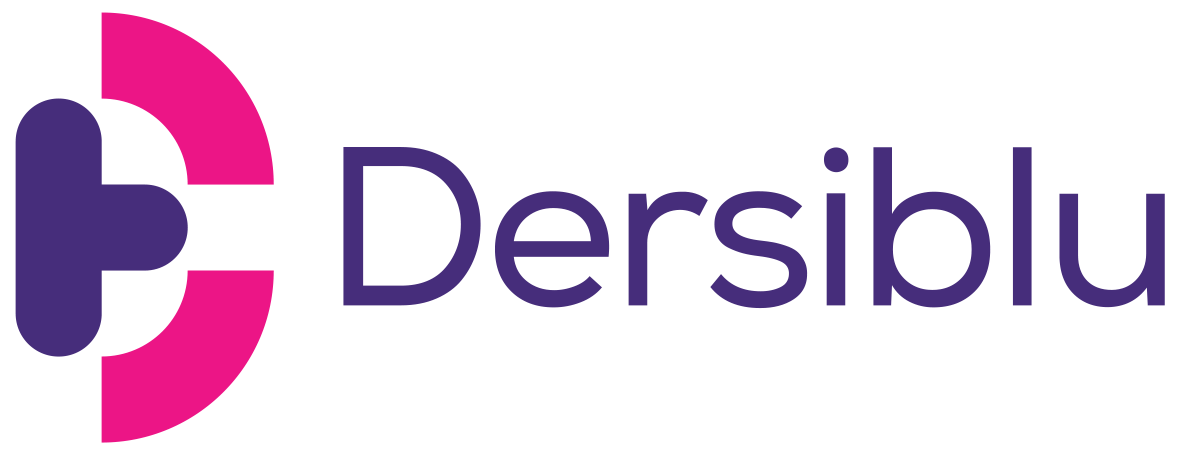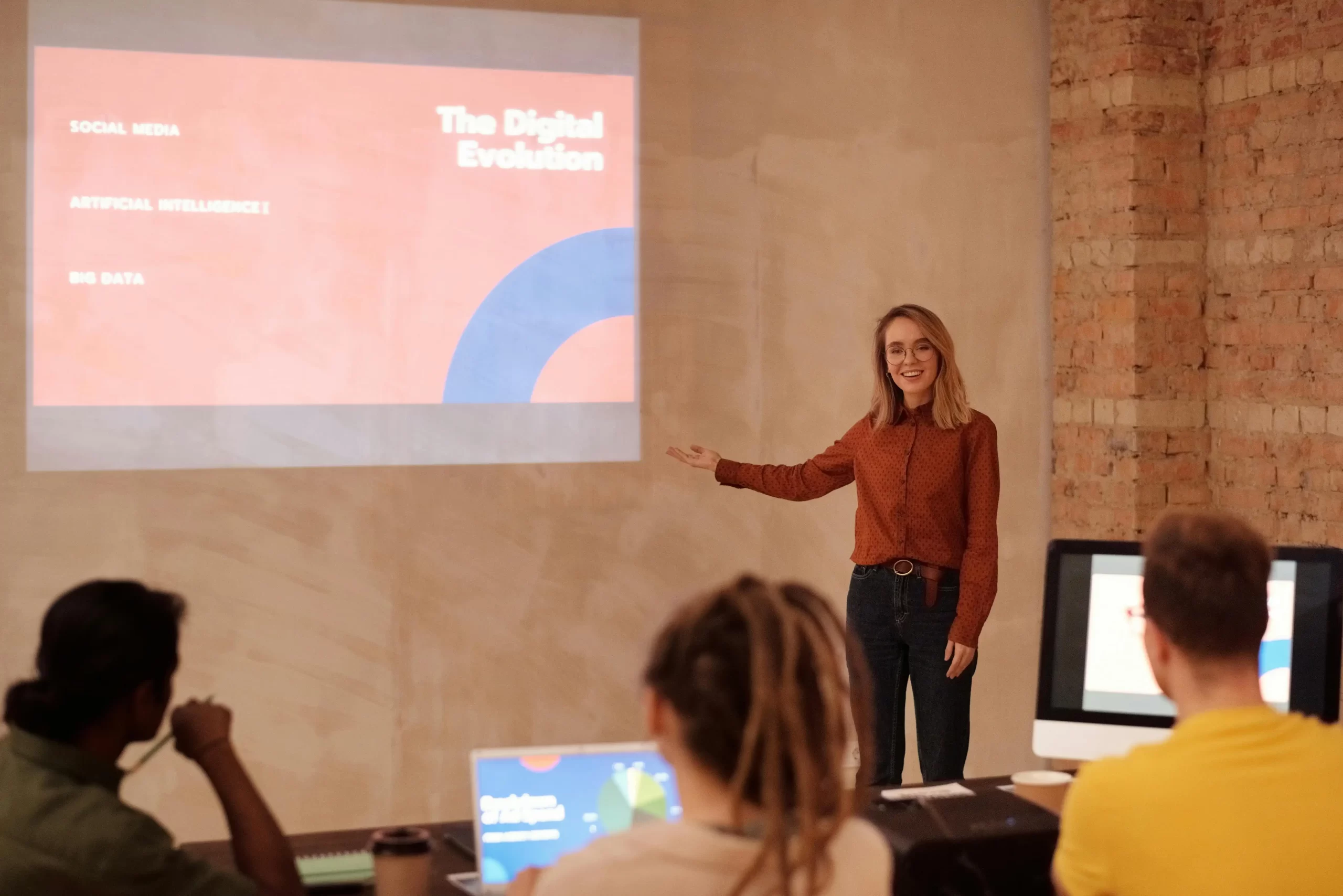Corruption, fraud, and collusion are significant barriers to economic development, social equality, and governance integrity. In a world where these issues undermine trust and fairness, artificial intelligence (AI) is emerging as a powerful tool to combat unethical practices, foster transparency, and create a corruption-free society. From real-time fraud detection to improving governance processes, AI offers unparalleled opportunities to eliminate corruption and enhance human experiences globally.
AI as a Weapon Against Corruption
1. Real-Time Fraud Detection
AI-powered algorithms analyze vast amounts of financial and transactional data in real time, identifying irregular patterns that signal potential fraud.
Example: Banks use AI to detect unauthorized transactions or money laundering by flagging unusual account activity.
Impact: Prevents financial crimes before they escalate, saving billions annually and preserving public trust in institutions.
2. Tracking Collusion in Procurement and Contracts
Public procurement and large-scale contracts are vulnerable to collusion and favoritism. AI uses predictive analytics and network analysis to detect patterns of collusion among bidders.
Example: Analyzing bidding patterns to identify unnatural pricing trends or connections among competing firms.
Impact: Ensures fair competition, reduces waste of public resources, and promotes merit-based procurement.
3. Monitoring Government and Corporate Spending
AI audits financial records and spending patterns, identifying discrepancies and flagging unauthorized expenditures.
Example: Algorithms cross-reference budgets and expenses to uncover inflated invoices or ghost projects.
Impact: Enhances financial accountability and reduces the misuse of funds in both public and private sectors.
AI Enhancing Transparency and Governance
1. Digital Governance Platforms
AI-driven platforms promote transparency in decision-making by providing public access to governance data, policy outcomes, and progress reports.
Example: Open data portals that use AI to summarize and visualize government spending for citizens.
Impact: Empowers citizens with knowledge, fostering trust and accountability in governance.
2. Anti-Bribery Measures
AI-powered systems monitor communication channels and detect suspicious interactions indicative of bribery or illicit activities.
Example: Natural Language Processing (NLP) tools analyze emails and messages for indicators of bribery attempts.
Impact: Deters corrupt practices and creates a culture of integrity.
3. Whistleblower Protection and Anonymity
AI-powered secure platforms allow whistleblowers to report corruption anonymously, ensuring their safety and the integrity of investigations.
Example: Blockchain-based reporting systems where whistleblower submissions are encrypted and immutable.
Impact: Encourages ethical reporting and strengthens anti-corruption frameworks.
Uncovering Fraud and Preventing Illicit Practices
1. AI in Tax Evasion and Financial Crimes
Tax evasion and financial crimes often involve complex schemes. AI tracks irregular financial behavior and identifies hidden assets or undeclared income.
Example: Identifying underreporting or offshore tax havens through advanced pattern recognition.
Impact: Recovers lost revenue for governments and discourages fraudulent tax practices.
2. Supply Chain Integrity
AI ensures transparency in supply chains, tracking products and transactions to prevent counterfeit goods or illegal sourcing.
Example: Blockchain and AI monitor supply chains for unethical labor practices or environmental violations.
Impact: Promotes ethical business practices and protects consumers.
3. Financial Sector Fraud Mitigation
AI combats fraud in the financial sector by detecting account takeovers, identity theft, and insider trading.
Example: Behavioral analytics monitor user activity to flag anomalies such as unauthorized access attempts.
Impact: Builds trust in financial institutions and reduces losses due to fraud.
Improving Human Experiences in a Corruption-Free World
1. Fair Resource Distribution
AI allocates resources equitably based on data-driven insights, ensuring communities receive their fair share.
Example: AI systems distribute social welfare benefits based on eligibility and need, eliminating bias.
Impact: Enhances social equity and reduces grievances over resource allocation.
2. Boosting Economic Development
With reduced corruption, businesses operate in fair markets, attracting investments and fostering economic growth.
Example: Transparent procurement systems attract global investors to participate in local projects.
Impact: Creates jobs, builds infrastructure and improves quality of life.
3. Strengthening Public Trust
Transparency facilitated by AI rebuilds trust in institutions and leaders, fostering stronger societal cohesion.
Example: Regular AI-generated reports on government performance increase public confidence in governance.
Impact: Encourages civic engagement and participation in democratic processes.
Challenges to Overcome
While AI offers transformative potential, its application in combating corruption must address:
- Data Privacy and Ethics: Safeguarding sensitive data while ensuring ethical use of AI technologies.
- Bias in Algorithms: Ensuring AI systems are free from biases that could reinforce systemic inequalities.
- Capacity Building: Equipping institutions with the expertise to implement and manage AI tools effectively.
- Infrastructure: Developing reliable digital infrastructure to support AI solutions, especially in developing countries.
Conclusion: AI as a Beacon of Integrity
Artificial intelligence is redefining the fight against corruption, fraud, and collusion. By enhancing transparency, improving governance, and promoting accountability, AI is paving the way for a world where ethical practices are the norm, not the exception.
The journey toward a corruption-free society is not without challenges, but with AI as a catalyst, it is more achievable than ever. A future built on trust and integrity will not only improve human experiences but also unlock the full potential of societies and economies worldwide.




